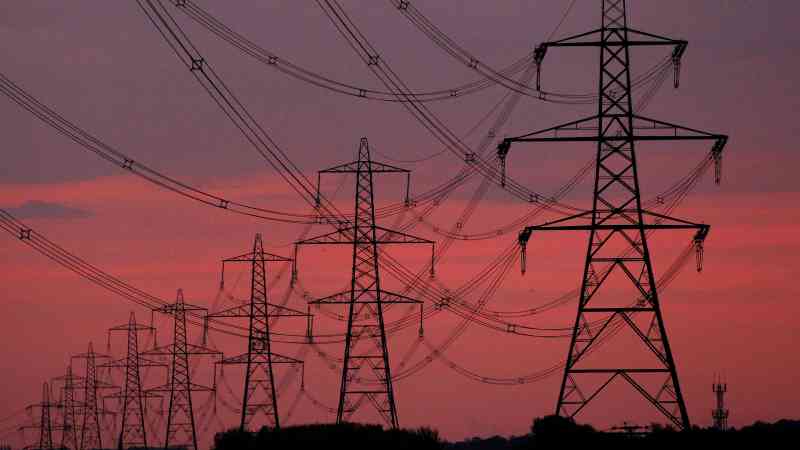The cost to households of dealing with a wave of energy supplier failures in recent months is likely to increase to £2.4 billion, the regulator has admitted.
The figure excludes the costs that taxpayers are incurring after the government stepped in to run Bulb, the biggest failed supplier, which could hit £2.2 billion, according to separate Office for Budget Responsibility forecasts published yesterday.
Ofgem has already approved claims of £1.84 billion for costs incurred by solvent companies taking on millions of customers from 22 smaller household suppliers that collapsed late last year as wholesale energy prices soared. That cost is being recouped via a charge of £68 on every household bill in the year from April — one of the reasons they are rising almost £700 to £1,971 a year.
In written evidence to MPs on the business select committee the regulator said: “While it is still subject to significant uncertainty, our current estimate for total claims is approximately £2.2 billion to £2.4 billion.” It said this would reflect further claims related to last year’s failures and new ones related to two suppliers that failed since.
The figures exclude costs related to Bulb, the biggest supplier to collapse, which had 1.6 million household customers when it failed last November. It was deemed too big to be handled through the usual Ofgem process and is being dealt with through special administration, being kept running with taxpayer funding while administrators pursue a sale. Administrators have received a £1.7 billion taxpayer loan so far.
The Office for Budget Responsibility yesterday estimated that “the government’s bailout of Bulb Energy incurs a £1.2 billion cost in 2021-22 and a further £1 billion in 2022-23 to cover the company’s operating losses”.
It added: “Given the volatility in global energy markets there remains uncertainty around the final cost.” Industry experts have warned it may spiral, as the government has barred the administrators from hedging energy purchases.
Giving evidence to the committee last month, Jonathan Brearley, Ofgem’s chief executive, admitted that regulatory failings had contributed to the supplier failures. He said Ofgem should have introduced more checks on the “financial resilience” of suppliers but had focused on competition and bringing new companies into the market.
Of the existing £1.84 billion in supplier failure costs being recouped from households, Ofgem said that more than 93 per cent related to the costs of purchasing wholesale gas and electricity at higher prices than suppliers were allowed to charge the customers they took on because of the price cap. The cap was set assuming that energy was purchased in advance, but suppliers were unable to do this for customers they took on at short notice.
